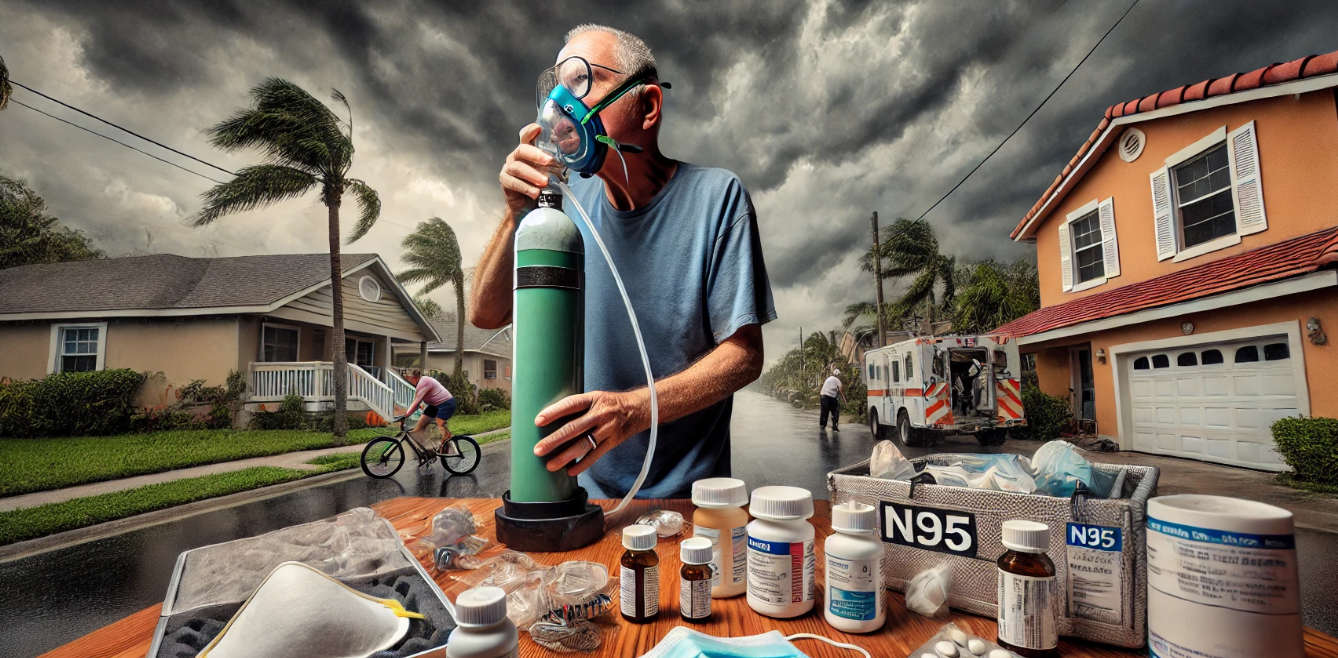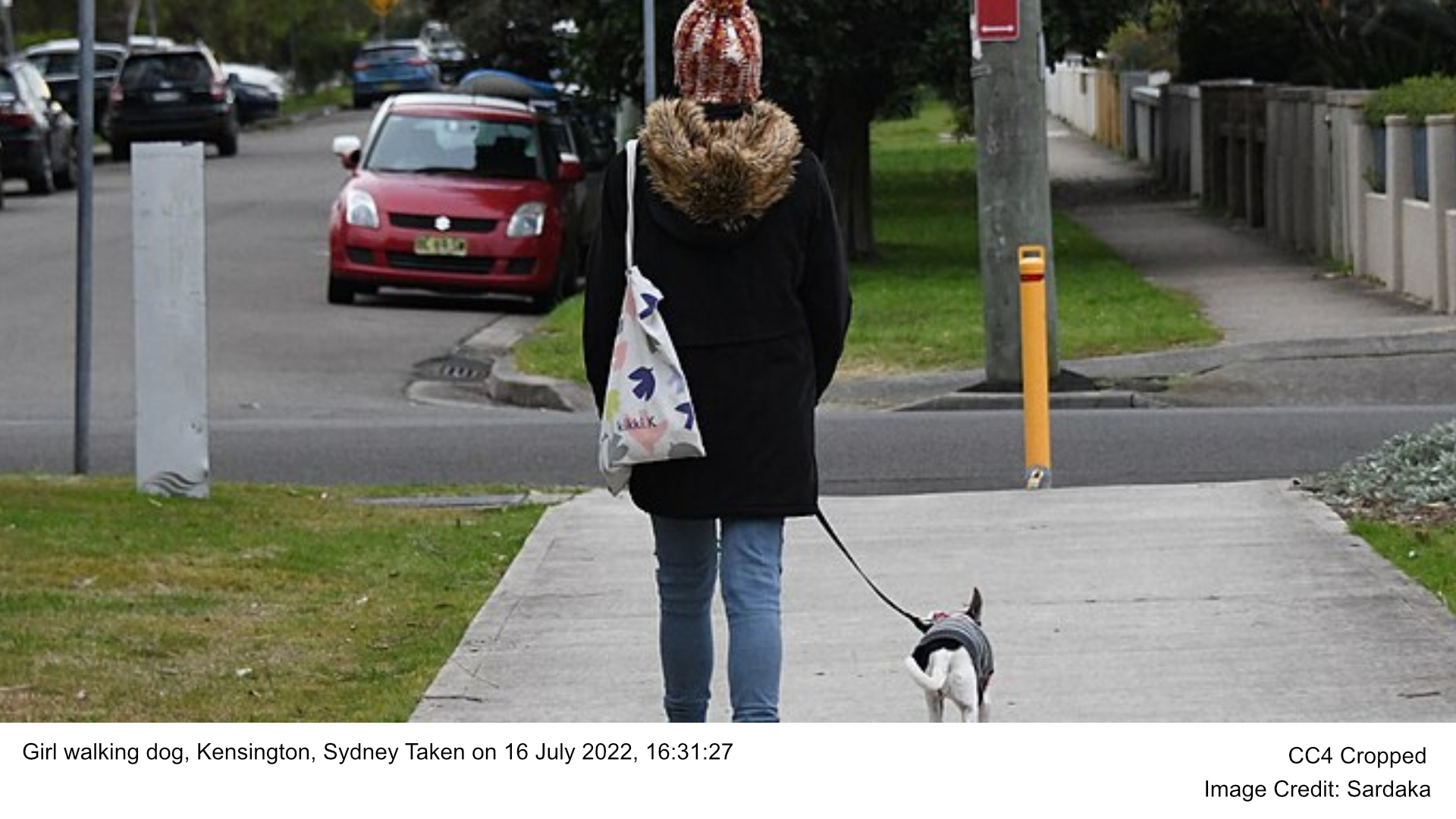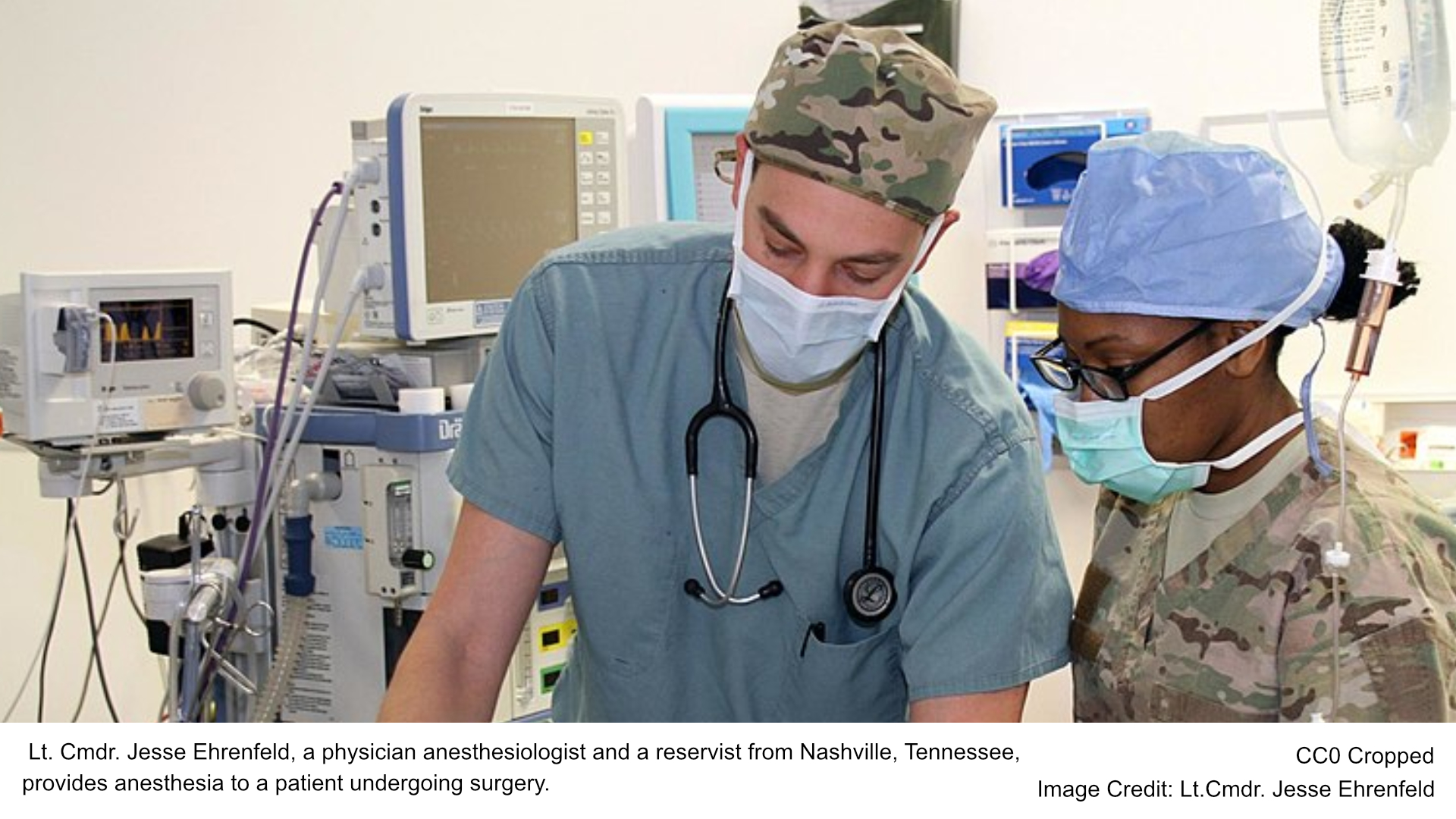With Hurricane Milton bearing down on Florida, the American Lung Association (ALA) is raising awareness about the heightened risks for individuals with chronic lung conditions. The storm’s potential to exacerbate health issues like asthma and COPD is a significant concern, particularly for the nearly half a million residents in the Tampa Bay area living with these conditions.
- Hurricane Milton poses heightened risks for individuals with chronic lung conditions, such as asthma and COPD, particularly in the Tampa Bay area.
- High winds and flooding can worsen respiratory issues by stirring up allergens, spreading mold, and introducing contaminants, while power outages threaten those reliant on oxygen.
- The American Lung Association (ALA) advises keeping medications and essential documents accessible, using N95 masks to reduce exposure to airborne particles, and avoiding gas-powered devices indoors.
- The ALA offers resources and support through its helpline, emphasizing the importance of preparedness and seeking immediate medical attention for severe symptoms.
The ALA emphasizes the dangers posed by the hurricane’s high winds, which can stir up allergens and irritants, worsening respiratory problems. In addition, floodwaters carry threats of contamination from sewage and chemicals, posing further health risks. For those reliant on supplemental oxygen, power outages present a critical challenge, underscoring the need for backup power sources and emergency plans.
Hurricane conditions can also lead to mold growth in damp environments, which can trigger respiratory issues even in otherwise healthy individuals. The ALA advises those with lung conditions to keep medications and essential documents handy for quick access during evacuations. They also recommend the use of N95 masks to protect against airborne particles and advise against using gas-powered devices indoors to avoid carbon monoxide poisoning.
During such natural disasters, the ALA provides guidance through its helpline, offering support and resources to those affected. Health professionals urge individuals experiencing severe symptoms, such as blue lips or extreme chest pain, to seek immediate medical help.
Preparation and awareness are key to managing health risks during hurricanes, and the ALA’s recommendations aim to help residents maintain lung health despite the storm’s challenges.





